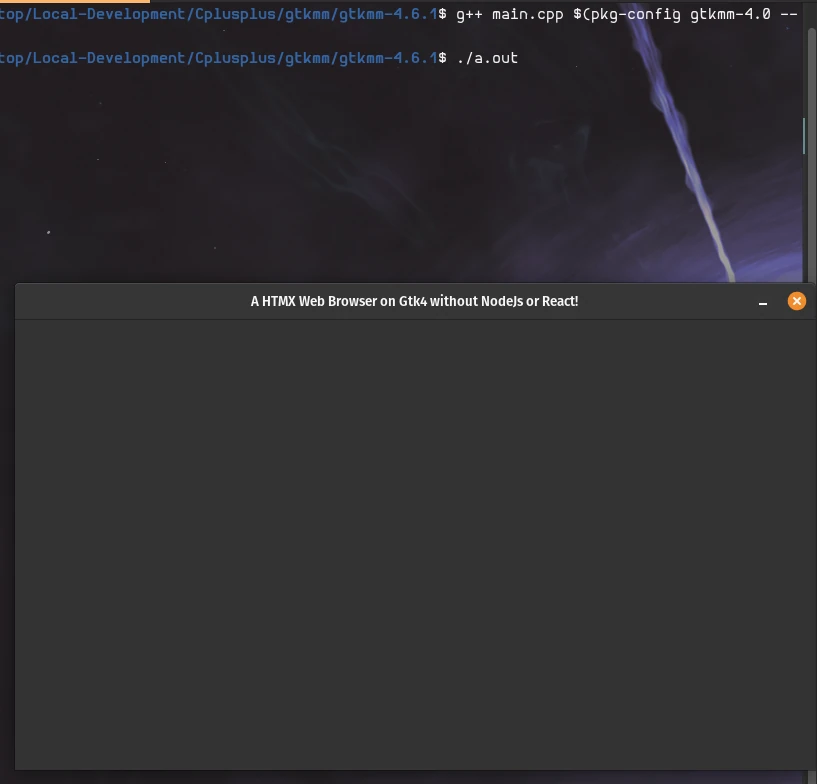
Archive, Compress & Decompress Huge Files via zstd, tar, split and pv
Extreme speeds of efficiently backing up and organizing our information!
The following tutorial is how we backup our drives in an efficient means with zstd and tar via a Linux operating system or powershell if you are using Windows.
We folded/archived, compressed, decompressed and extracted 180GB of data within ~30 minutes!
Package Requirements:
- tar
- pv
- zstd
- dosfsck
- cat
- split
optional: Check the filesize in chunks for the FAT32 drive
sudo dosfsck -v -n /dev/sda1
**File size is 4294967295 bytes, cluster chain length is 0 bytes.**
Folding and Compressing the files into one file efficiently
Option 1: A simpler way of compressing a tar is
pv Desktop.tar | zstd >> Desktop.zst
Option 2: Folding, compressing and Splitting the tar.zst into files to be transported between drives
We make use of tar with the -I option and zstd, while splitting and visualizing a progress counter with pv.
tar -I zstd -cf - /home | (pv -p --timer --rate --bytes | split --bytes=4294967295 - /run/media/Backups/System/Linux/2024/Home.backup.tar.zst)
Option 3: Another example of backing up multiple files/folders in our home directory:
tar -I zstd -cf - Documents/ Downloads/ Music/ Pictures/ Public/ Templates/ Videos/ .ssh/ .bashrc .gitconfig .nvidia-settings-rc | (pv -p --timer --rate --bytes | split --bytes=4294967295 - /run/media/Backups/System/Linux/2024/Home.backup.tar.zst)
Decompress and Unfold All Parts
The following also makes use of cat that injects all the parts into zstd [SEE REFERENCES]
Option 1: Decompress multiple *.zst* files into a tar
cat *.zst* | zstd -d > /home/odinzu/dest.tar
Option 2: A more complex command for FAT32 drives
This is useful if your /home directory isn't big enough to fit the tar file; so we decompress the *.zst's* and *split* to a FAT32 larger drive with enough space => then, we extract the .tar files to the smaller drive i.e. /home.
Make a new directory for the part.tar* files
mkdir tar-archives && cd tar-archives
then, run from current directory and be sure paths are correct i.e. Backups/tar-archives/
cat ../Home*.zst* | zstd -d | (pv -p --timer --rate --bytes | split --bytes=4294967295 - ./home.part.tar)
Next, we extract multiple .tar files into our /home directory from our external drive
So be in the directory you are extracting to i.e. /home/username/, then do the following:
cat /run/media/Backups/System/Linux/Arch/username/tar-archives/home*.tar* | (pv | tar -xf - -C /home/username/)
Option 3: for other use cases that are less complicated
Extract the archive into specific directory
tar -xvf dest.tar -C /opt/files
References
- Github Zstd Issue: https://github.com/facebook/zstd/issues/4014#issuecomment-2032786590



